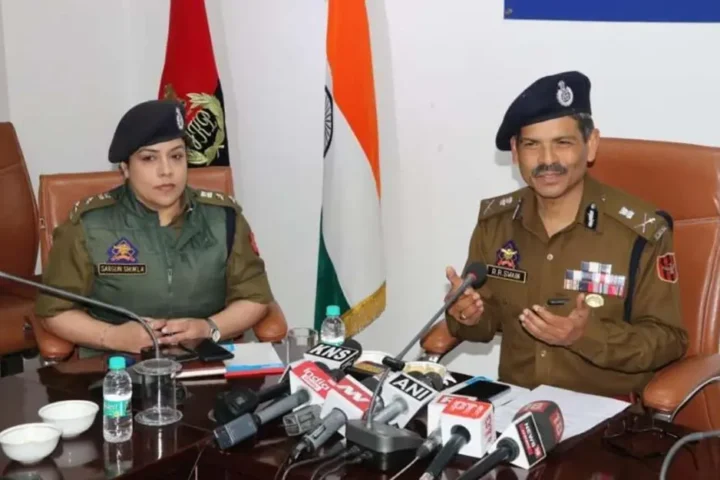In a monumental stride towards decolonization, India contemplates replacing its age-old criminal justice system with three groundbreaking bills — Bharatiya Nyaya Sanhita (BNS), Bharatiya Nagarik Suraksha Sanhita (BNSS), and Bharatiya Sakshya Bill (BSB). As these bills loom on the horizon, a wave of anticipation and skepticism grips the nation.
The Showpiece Reforms
Proposed by the Narendra Modi government, the bills are positioned as a showcase of systemic evolution. The Bharatiya Nyaya Sanhita (BNS) aims to supersede the Indian Penal Code (IPC), while the Bharatiya Nagarik Suraksha Sanhita (BNSS) seeks to replace the Criminal Procedure Code (CrPC). Simultaneously, the Bharatiya Sakshya Bill (BSB) targets the overhaul of the Indian Evidence Act.
The Legislative Odyssey
Tabled in Parliament on August 11, these bills underwent scrutiny by the Select Committee. The recent submission of the committee’s report and recommendations paves the way for potential passage during the upcoming Winter or 2024 Budget Sessions. However, a twist lies in the timeline — implementation might be deferred until after the 2024 Lok Sabha elections.
Transition Challenges
As these codes aim to redefine the landscape of criminal justice, the transition period becomes a focal point. With the BNS replacing the IPC, only new cases would fall under its jurisdiction. Meanwhile, the thousands of ongoing cases across states and central agencies would persist under the old IPC sections. The colossal shift poses both logistical and procedural challenges.
Opposition and Scepticism
Opposition parties critique the bills as mere rearrangements and political maneuvers. Dissenting voices label them as a ‘stunt,’ questioning the urgency of such a revamp. West Bengal Chief Minister Mamata Banerjee adds her voice, urging a thorough deliberation by the government and MPs elected in 2024.
Administrative Preparedness
In anticipation of the potential overhaul, systematic training for police officers and the judiciary looms on the horizon. The challenge lies in disseminating the new codes effectively to every police station and court. A complex coexistence of old and new codes during investigations and trials will undoubtedly test the mettle of India’s law enforcement.
Winding it up
The impending transformation of India’s criminal justice system is a double-edged sword — a beacon of progress but fraught with logistical hurdles. As the nation braces for this seismic shift, meticulous planning, inclusive deliberation, and efficient execution become imperative. Will these bills mark a renaissance in justice, or will they be mired in the complexities of their own creation? Only time will unfold this legal saga.







